Webcast: How to Green Your Lab
Taking steps to lower the environmental impact of your research can reduce costs.
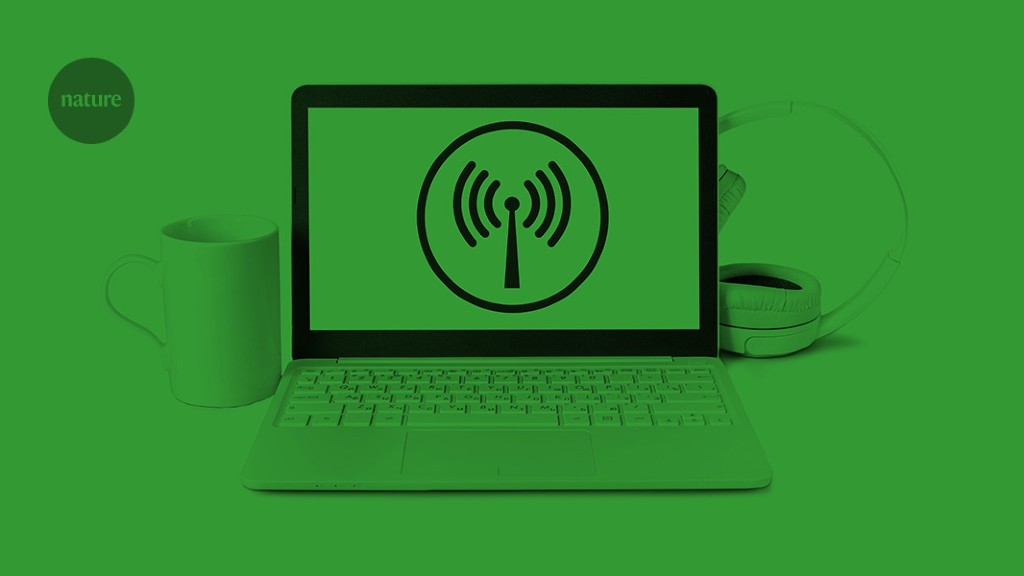
opinion articles
Send us a link
Taking steps to lower the environmental impact of your research can reduce costs.

How to facilitate the use of science as a key element of the policy-making process.
Poor policy outcomes are not the responsibility of 'mutant maths', but of choices made by people in power.

Caroline Wagner, author of 'The New Invisible College' and 'The Collaborative Era In Science', joins Toby Wardman of SAPEA to discuss the brave new world of cross-border science, and what, if anything, we can do about it.
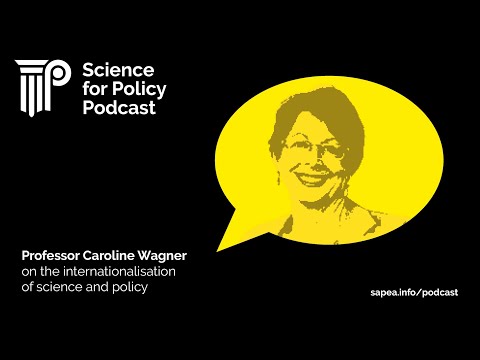
Mathematicians want to think their field is a meritocracy, but bias, harassment and exclusion persist.

The world seems to be on the verge of collapse - yet I have just brought a baby into it, writes Arwa Mahdawi

John Ioannidis is a highly influential scientist whom we at SBM have lauded on many an occasion. Since the pandemic, though, he's downplayed the dangers of COVID-19. What the happened to him?

Research in this area deserves more attention - and not only for conditions related to reproduction.
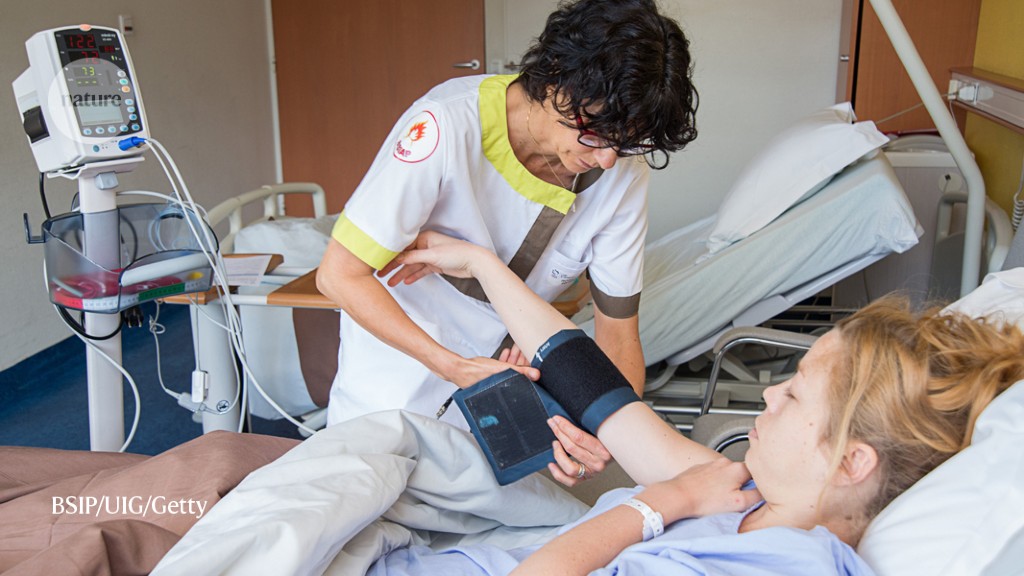
"Science belongs to all of us and it is not an enemy of any culture."

Recent research shows that the skepticism many companies had related to working from home may be eroding.
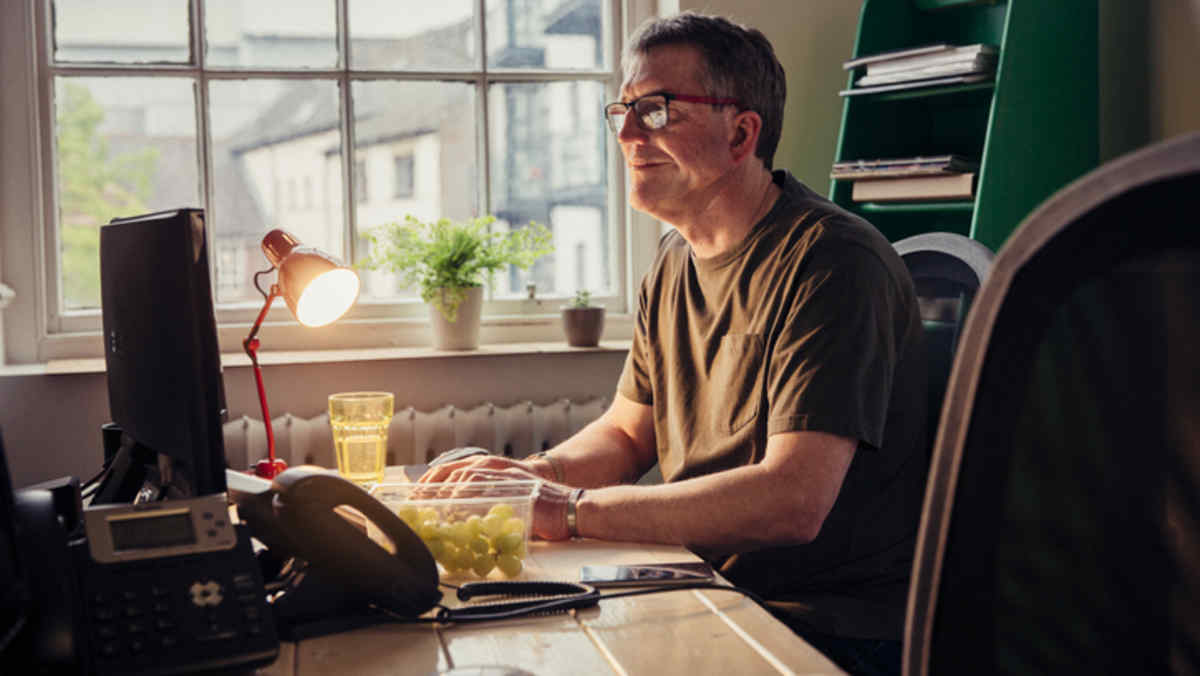
A good communications strategy can get your research seen by decision makers, says Rebecca Fuoco.
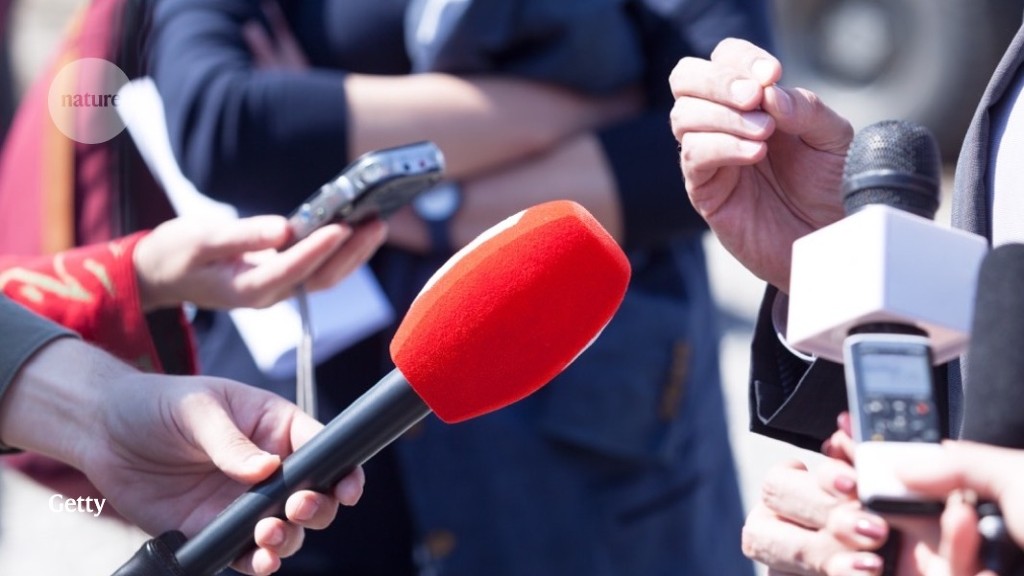
The true potential of citizen social science, whereby members of the public participate in the investigation and analysis of social phenomena, remains to be realised.

They strengthen the institutions that ensure a strong democracy, leading to rational decisions
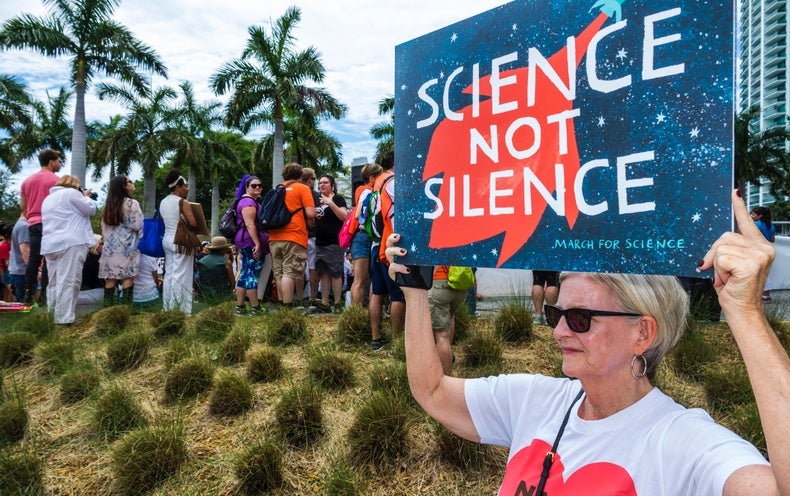
Learn how two early career publishers are tackling the thorny issue of pay equity and inclusion in today's interview with Rebecca Bostock (Ohio State UP) and Dominique J Moore (University of Illinois Press).

Some scientists get involved with policy without giving up their day jobs. Others take their scientific training and move wholesale into the world of policy, taking up roles as advisors, analysts, knowledge brokers or advocates on specific issues. Adriana Bankston shares her tips and experiences on leaving academia behind and joining the fast-paced world of policy.
Health research is based on trust. Health professionals and journal editors reading the results of a clinical trial assume that the trial happened and that the results were honestly reported. But about 20% of the time, said Ben Mol, they would be wrong.

England's free speech bill should outlaw gag orders that stifle revelations of bad practice, says an anonymous author.

Learning to pronounce others' names doesn't have to be awkward, as long as it comes from a place of mutual respect.
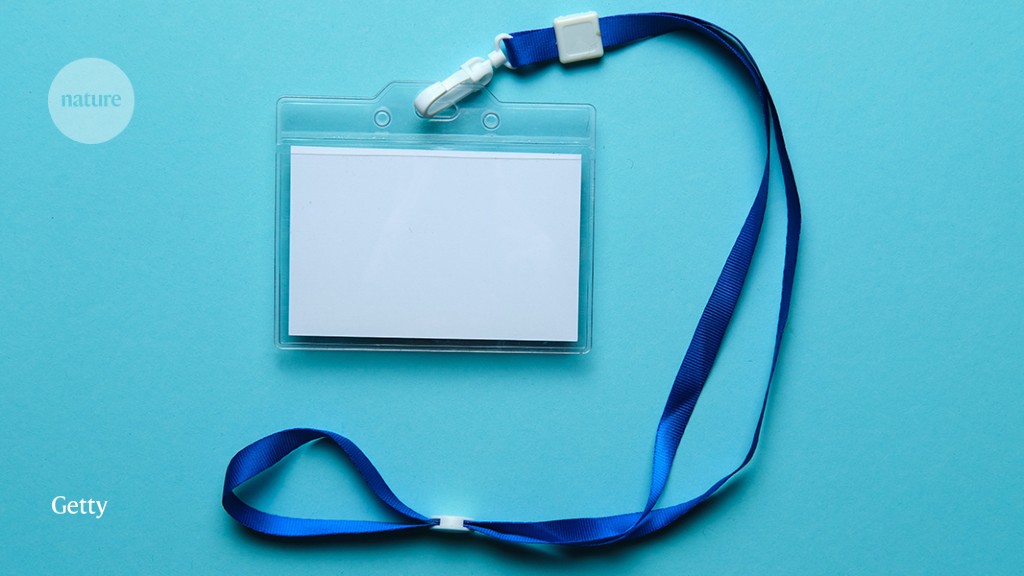
And what scientists learned they still needed it for.
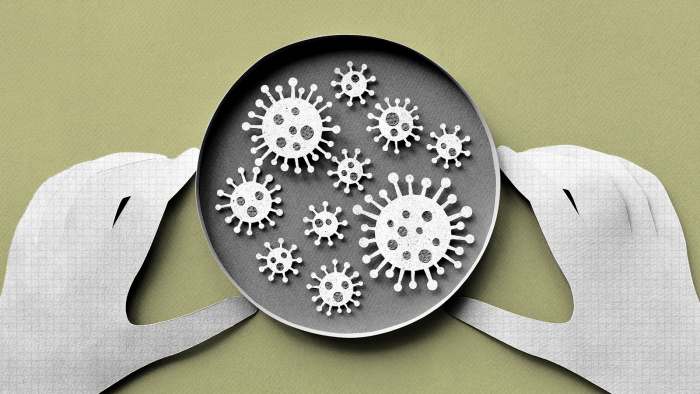
Well-meant changes to improve science could become empty gestures unless underlying values change.
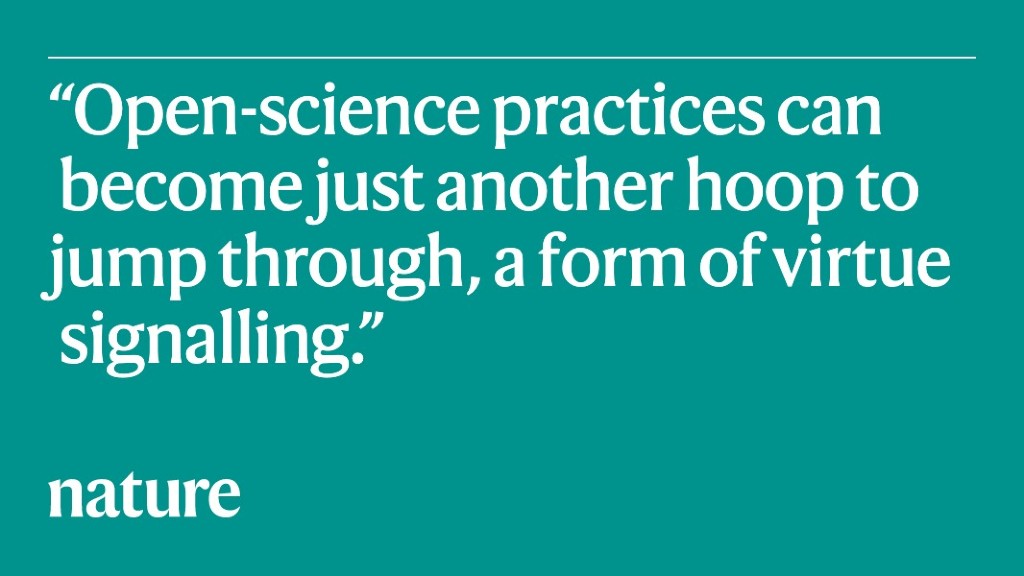
There are quite a few ways to shift bad behaviors and habits of reviewers to become not just good, but great peer reviewers.

At a recent meeting, a debate was held on the motion: Preprints are going to replace journals. The author was asked to oppose the motion and this post is based on their arguments.

Why did a certain band eliminate brown M&M's from their dressing room? And what does that have to do with the formatting requirements at some journals? This article explains.
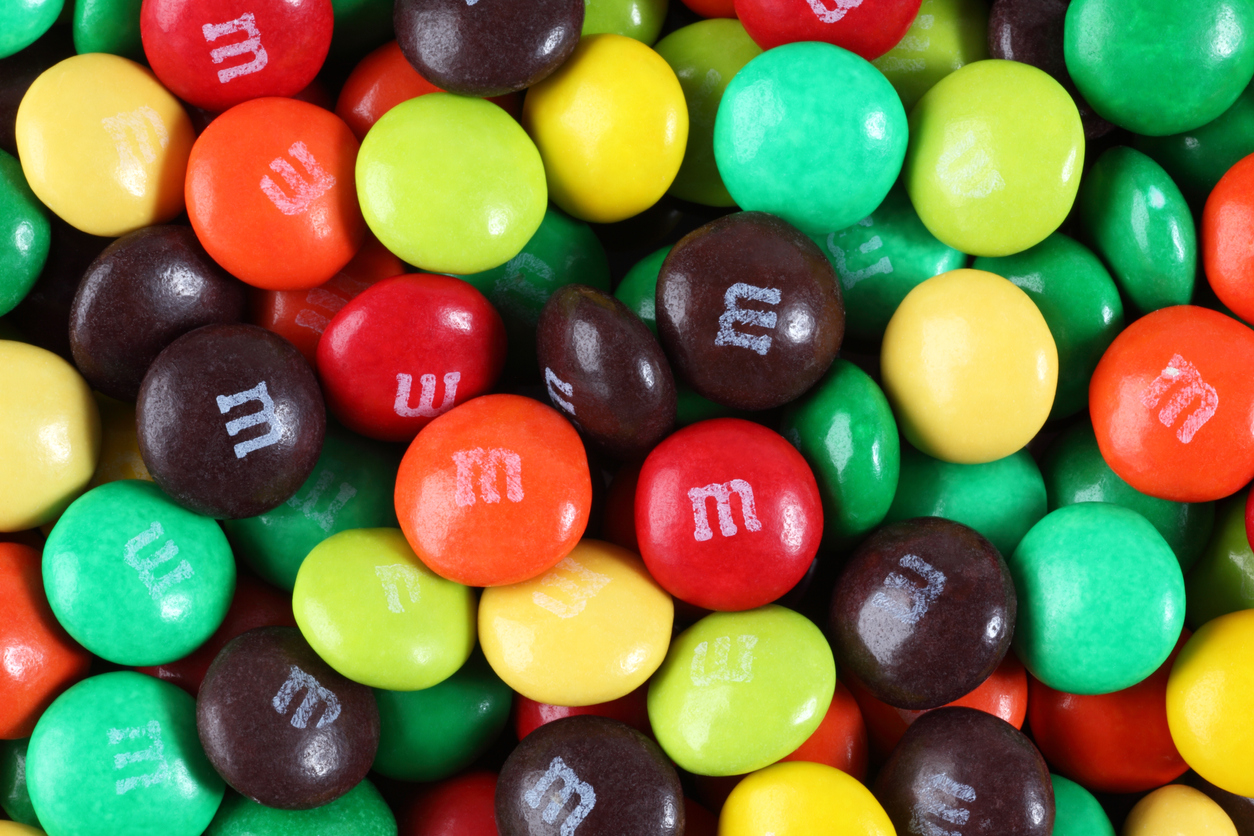
A wide range of perspectives brings unique insight to societal problems.
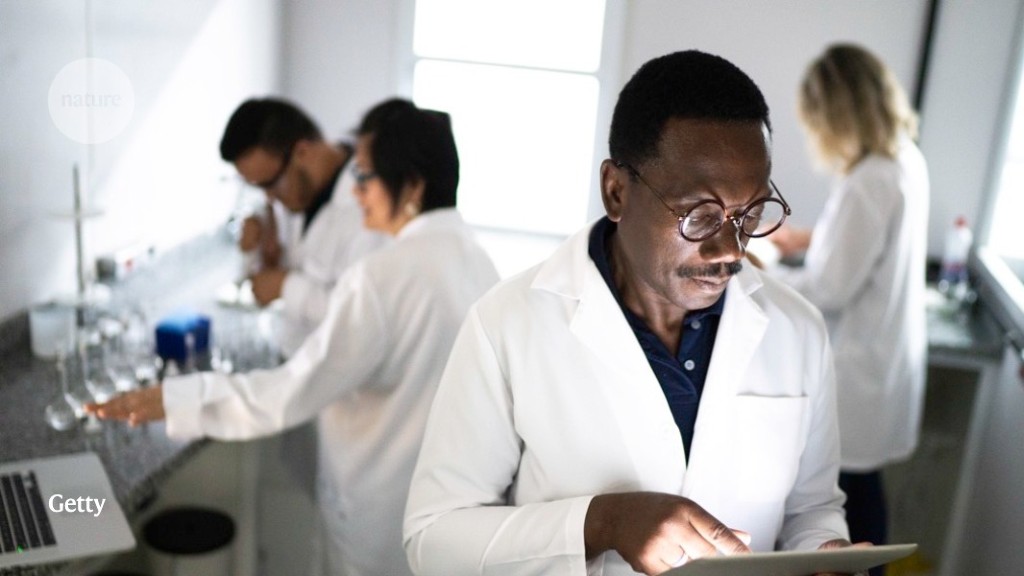
NIH data hint at the extent of bullying and emotional abuse, but barriers to tackling the issue remain high, says Joanna Buscemi.

Meredith Adinolfi (Cell Press) and Ann Michael (DeltaThink) discuss some of the more complex aspects of the OA landscape, such as funder mandates, Plan S, and transformative agreements.

Science, and especially social sciences and humanities, have always had a broad range of impacts on society — impacts which are not easily measured using traditional academic indicators.